
Resolving an Education Crisis
· Spring 2011 · Comment ·
As we build momentum in another year full of opportunity, certain memories of 2010 remain vivid. Who could forget the live video feeds from remotely operated cameras that showed oil gushing into the Gulf of Mexico for more than 100 days? Likewise, we can still visualize the lingering hurt of a national economic crisis in the eyes of friends and family members struggling to find work.
But the crisis foreshadowed when the College Board ranks America 12th worldwide in college graduation rates is harder to see, yet no less a threat. Nationally, only four in 10 adults ages 25 to 34 hold a college degree.
For Texas, the sirens are more intense. By 2020 more than 60 percent of jobs will require a college education, but only 31 percent of Texans in the young adult demographic have one. Texas now lays claim to one of the nation’s least-educated populations, ranking 40th in young adults with a degree.
UT Arlington is working diligently to reverse this trend. Our campus has experienced remarkable growth in recent years and now boasts more than 33,000 students. We’re also attracting a more academically accomplished group of scholars, as nearly 30 percent of first-time, full-time freshmen in fall 2010 ranked in the top 10 percent of their high school class—up from 25 percent the previous year. As we nurture these talented and diverse Mavericks, we endeavor to improve the odds that each of them earns a UT Arlington diploma.
We have expanded our ranks of academic advisers and charged top academic leaders with improving services that first-year students need most: academic advising, tutoring, and counseling. Last fall we consolidated services critical to student success in our new University College housed in historic Ransom Hall. Updated with contemporary interiors and private tutorial and counseling space, University College is one of our most visual investments to date in the academic success of our students.
Already, this renewed focus on recruiting and retaining students and seeing them through to graduation is paying off: 73 percent of last year’s freshmen returned for their sophomore year—up from 61 percent a few years ago. We know that students who return for their second year are much more likely to graduate.
We’re calling on students, professors, parents, and friends to raise expectations so that those enrolling in their first semester of college understand that their mission is to stick with it and earn their undergraduate degree in a reasonable amount of time. President Barack Obama recently underscored this critical goal, saying that education is “the economic issue of our time.”
Our collective challenge across America is to produce 8 million more college graduates by 2020. That challenge is immense. Almost 75 percent of UT Arlington students hold jobs while attending classes, and more than half say they are the first in their family to attend college.
To speed them along their path, Texas must continue to invest in adequate higher education funding and financial aid support. UT Arlington offered students more than $322 million in scholarships, grants, and other forms of financial aid in 2010–11—up nearly 40 percent from the previous year. Such support allows students to forgo the lure of an hourly wage now for the promise of a better life later, a life that only a four-year degree affords.
Higher education is bigger than a future paycheck. Time invested in a comprehensive, four-year institution is time invested in learning how to think critically. College students who wrestle with complex problems that have affected humans over time learn how to analyze, dissect, and potentially resolve the crises of their own day—crises such as gushing oil wells and a struggling economy.
The coming education deficit is a crisis we can avert with an unwavering focus on helping more Texans go to college and, once they enroll, giving them the tools they need to succeed. For the sake of Texas and all of our futures, we can do better. At UT Arlington, we will.

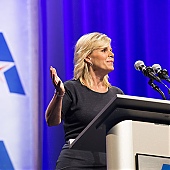
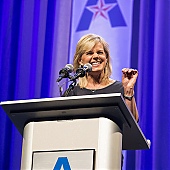
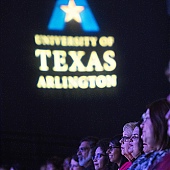





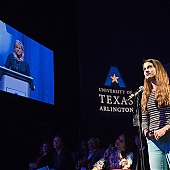

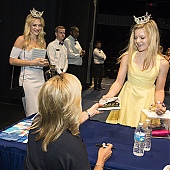

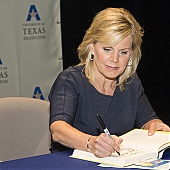


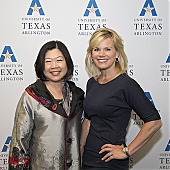
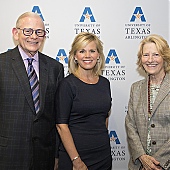
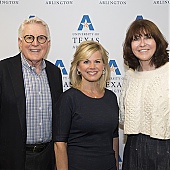
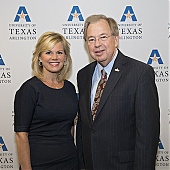

Thumbs and Toes up x 1+1 = Super Awesome